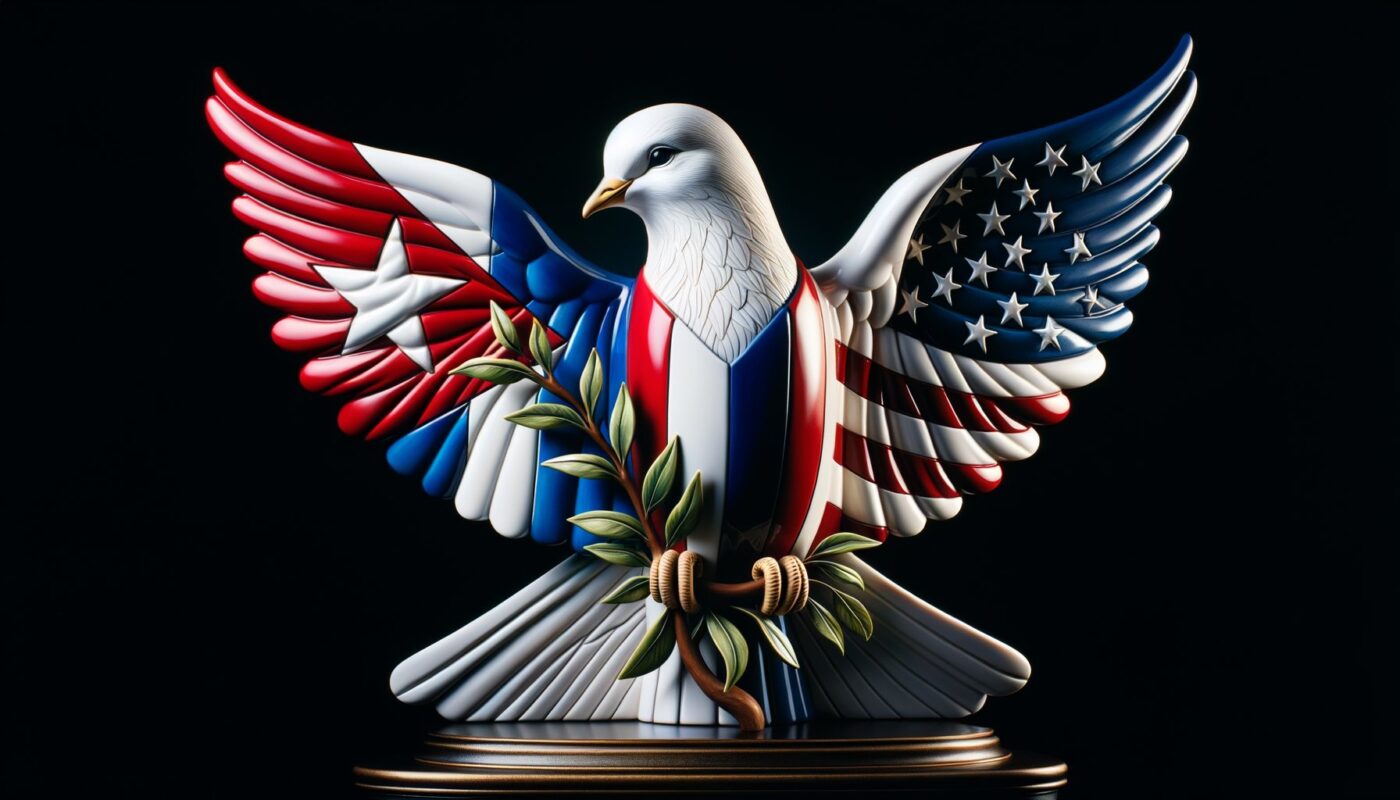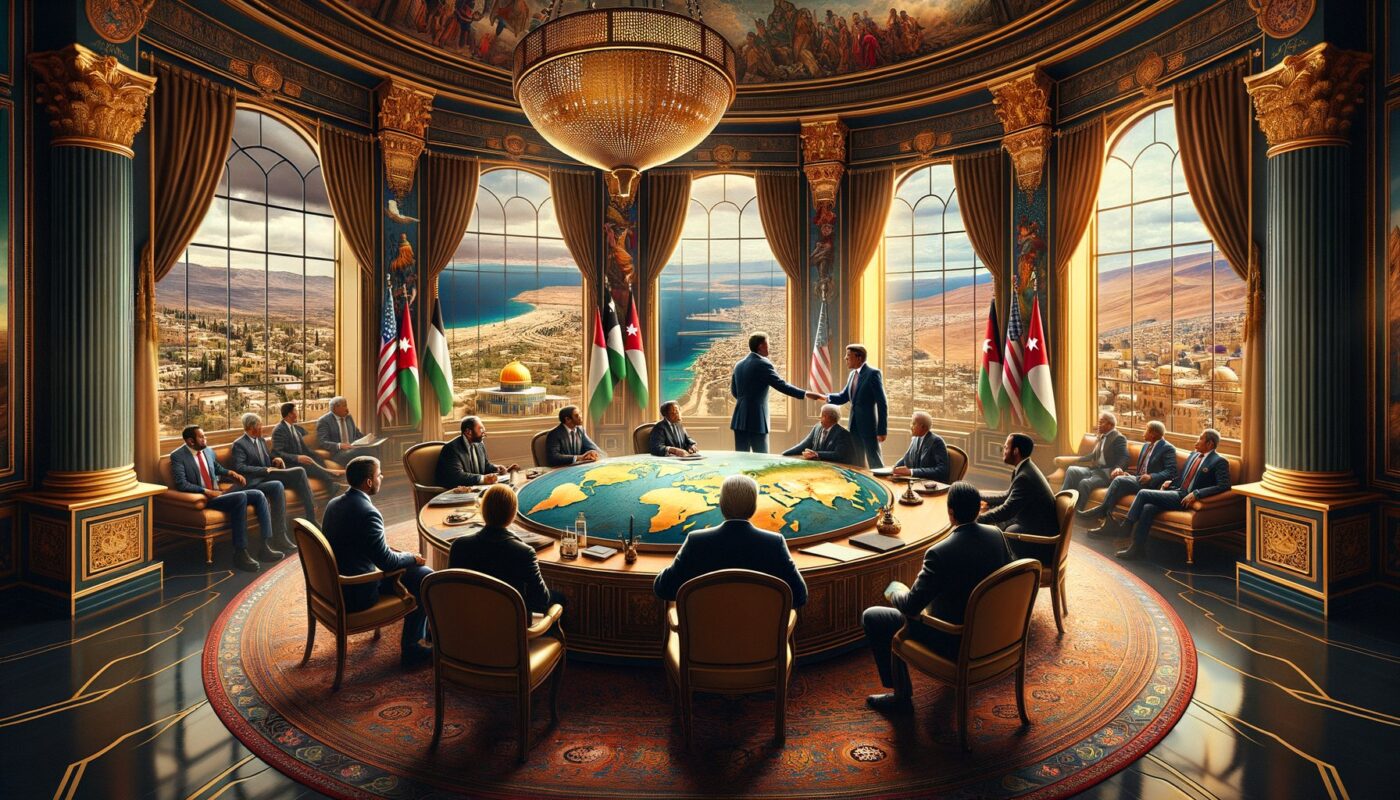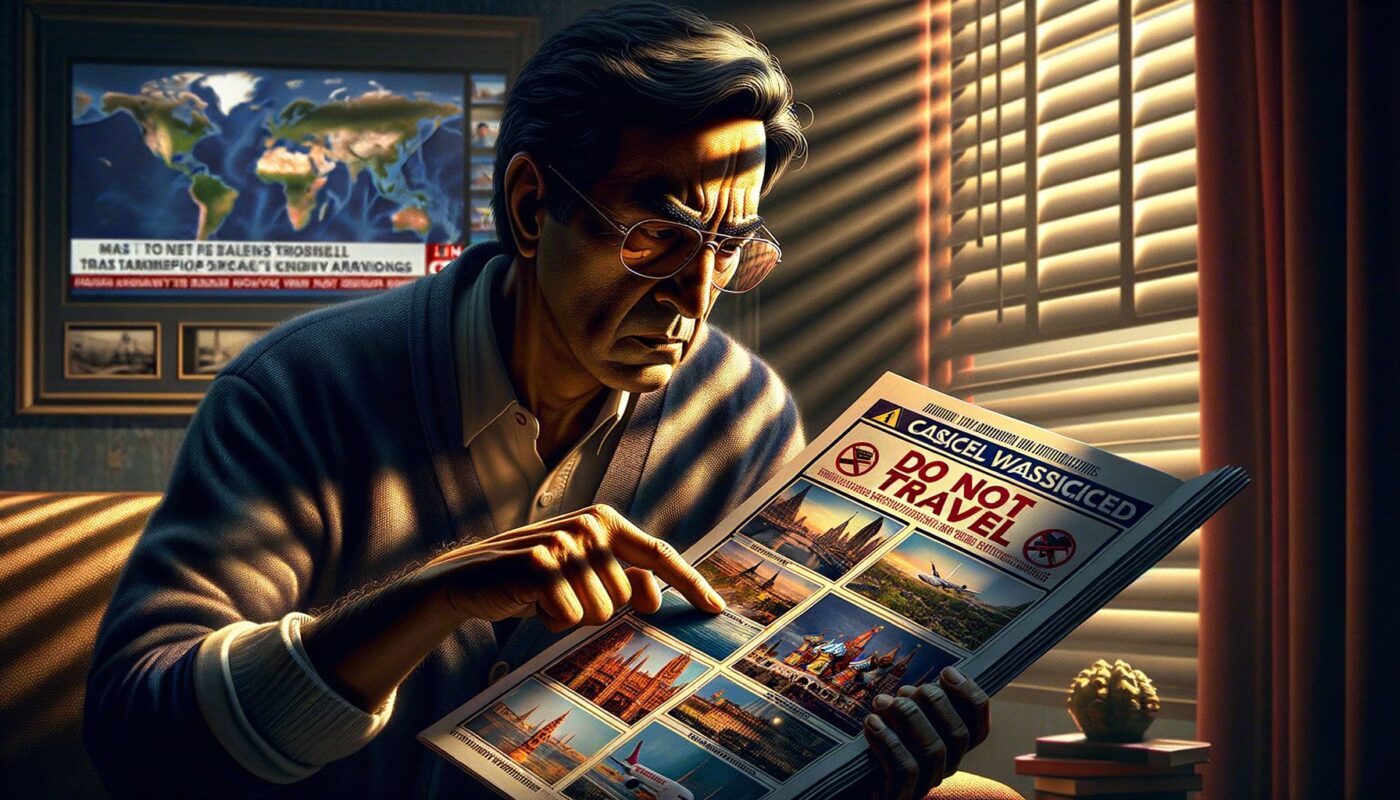The recent climate between the United States and Cuba has surprisingly shifted towards a more diplomatic engagement. Yet, the crucial question remains: Is this rekindled relationship built to last, or is it a momentary thaw in decades of icy relations?
The Unfolding of a Diplomatic Breakthrough
In an unexpected turn of events, Cuban officials freed José Daniel Ferrer, a notable opposition activist, just days before the conclusion of the Biden administration. This move follows the removal of Cuba from the US’s list of state sponsors of terrorism, a call that had severe economic implications for the island nation.
During Ferrer’s release, he emphasized, “Don’t be afraid to fight for a free, prosperous, and just Cuba,” sparking discussions about the future landscape of US-Cuban relations and the potential impacts on domestic reform in Cuba.
Why Does This Shift Matter?
For years, the US had conditioned improvements in relations upon the release of political prisoners arrested during the 2021 protests, widely regarded as the largest since Fidel Castro’s 1959 revolution. The release of 553 prisoners, as promised by Cuban officials, marked a significant diplomatic maneuver. However, Cuban authorities made it clear that these releases were not part of a broad amnesty.
The significance of this diplomatic evolution lies not just in the prisoner releases but more profoundly in the easing of certain restrictions, offering a glimpse of economic and political cooperation—a theme of great importance in the region’s recent political narrative.
Potential Challenges Ahead
The return of hardline policies with the onset of the Trump administration, led by Secretary of State-nominee Marco Rubio, presents a possible challenge. Rubio has openly criticized the removal of sanctions, asserting, “There is zero doubt that they meet all the qualifications for being a state sponsor of terrorism.” This creates a precarious situation for the fragile balance achieved recently, reminiscent of past tensions discussed in other high-stakes geopolitical dynamics like those seen in our coverage of China’s Tech Tensions.
As the broader geopolitical landscape continues to evolve, the uncertainty of whether the new US leadership will sustain or dismantle the progress made under the Biden administration looms large.
The Impact on the Global Stage
Regionally and globally, the surprise diplomatic thaw has been met with cautious optimism. Diplomatic entities, such as the Vatican, have played pivotal roles, attempting to leverage international platforms to foster dialogue and resolution, much like efforts seen in auto industry negotiations in our article on Volkswagen’s Strategy in Germany.
However, the complex international relations dynamic holds more variables than certainties. Each movement, statement, and policy adjustment may reflect and influence not only bilateral relations but also broader international interactions.
In conclusion, while the thaw in relations between the US and Cuba presents an opportunity for positive change, the longevity of this diplomatic victory hangs in balance, subject to shifting political winds and historical grievances. The forthcoming actions by both nations will be crucial in deciding whether this new chapter marks a lasting peace or a transient diplomatic episode.
Warning : This information is indicative and without guarantee of accuracy. Consult a professional before making any decision.





